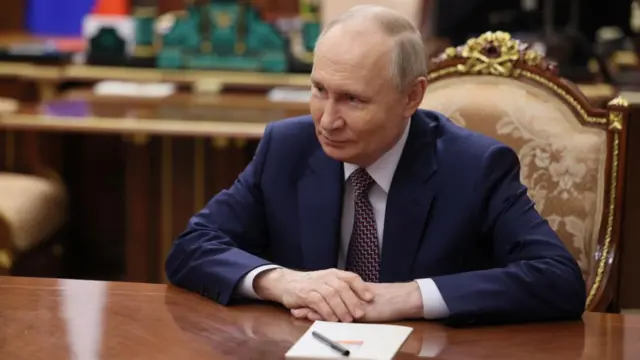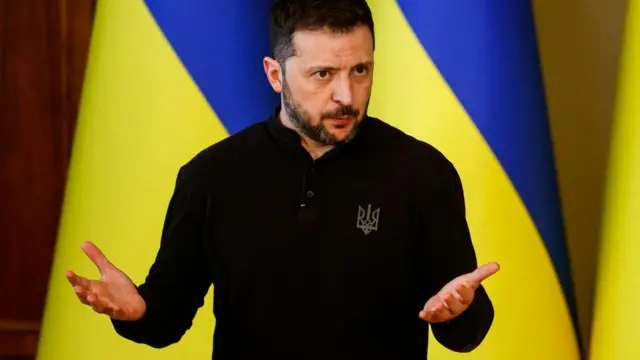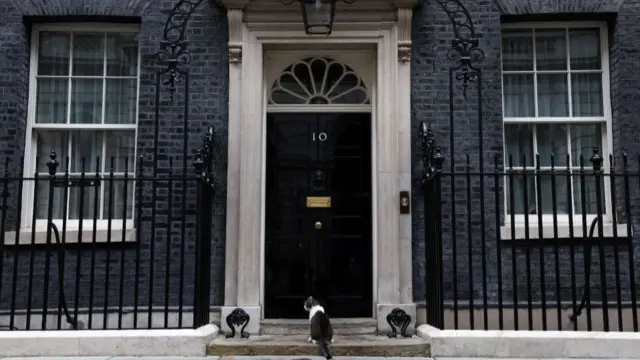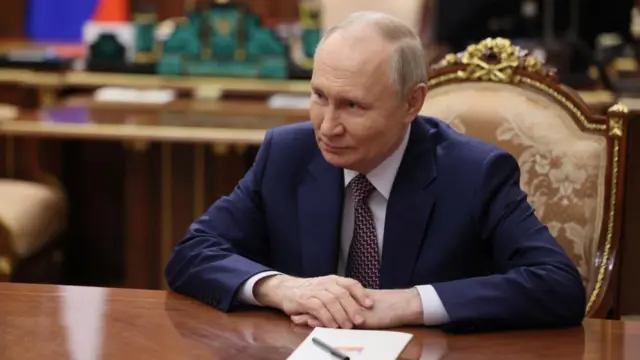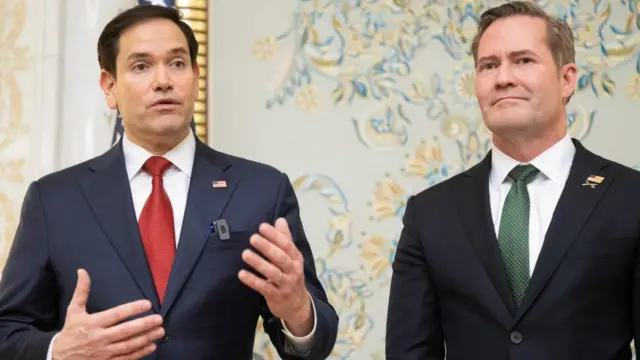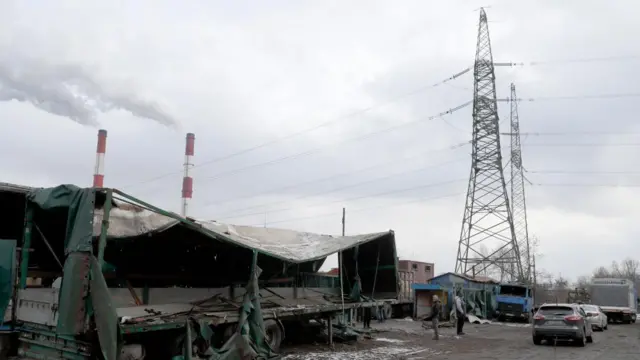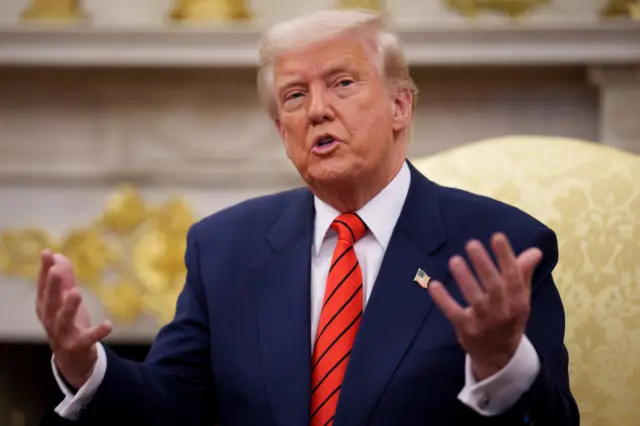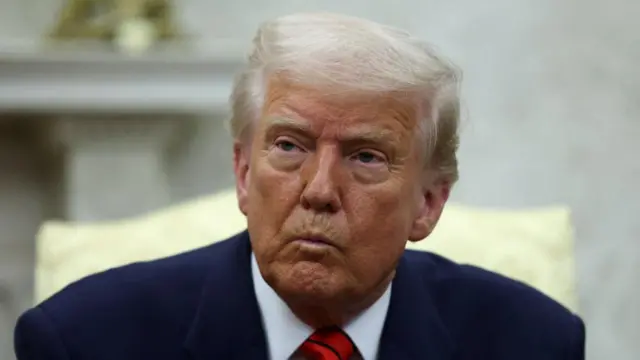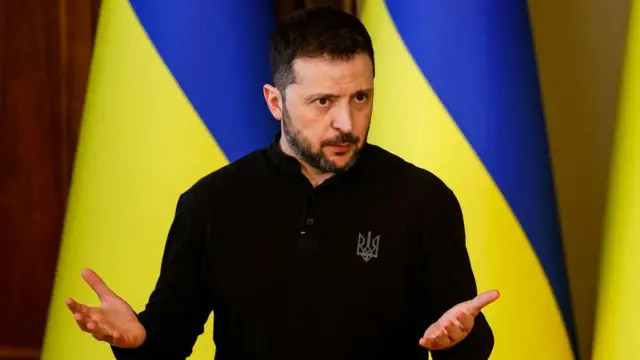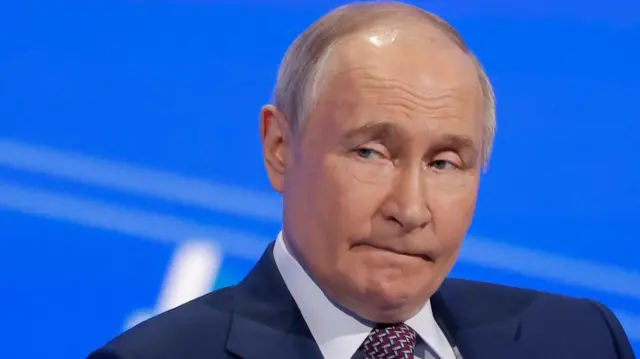One phone call and a limited agreement - what happened today?published at 21:51 GMT 18 March
On Monday, Trump’s press secretary Karoline Leavitt said they were on the on “10th yard line” of a deal with Russia.
But today, despite warm words from both sides, Russian President Putin ultimately did not agree to a full ceasefire after a 90-minute phone call with President Trump.
After last week's talks in Saudi Arabia, where Ukraine agreed to a US-backed ceasefire, top US diplomat Marco Rubio said the ball was in Russia's court.
And today, Putin outlined Russia's conditions for agreeing to a full ceasefire - a key condition is an end to foreign military aid and intelligence sharing with Kyiv.
One thing that Zelensky and Putin did agree to support is a temporary energy truce - but Zelensky says he still needs more details.
We're going to be pausing our coverage, but for further explanation of the day's events, you can read Tom Bateman's latest or watch him unpack everything here:


